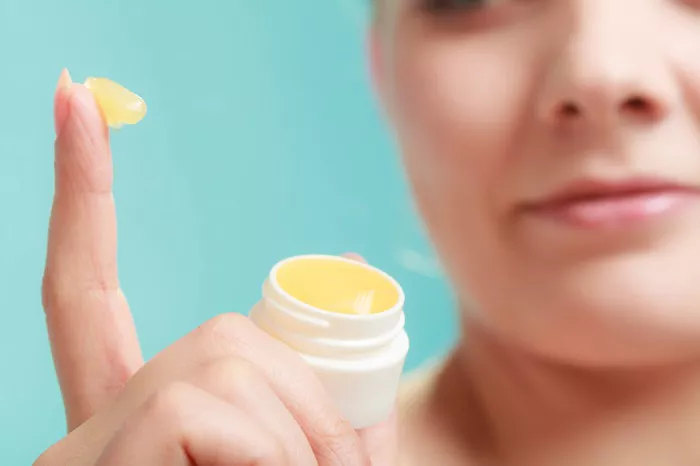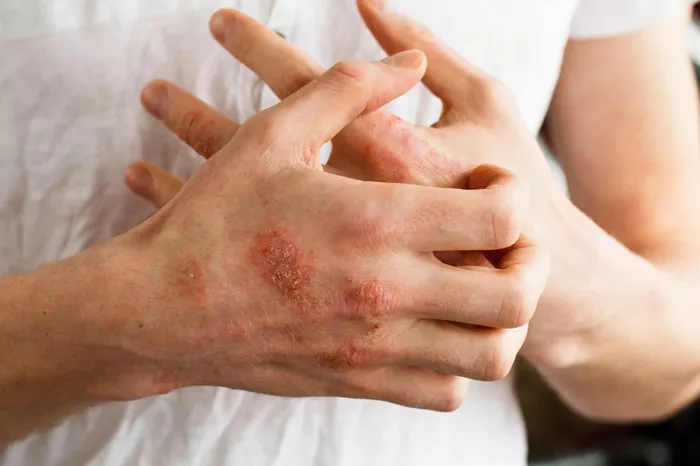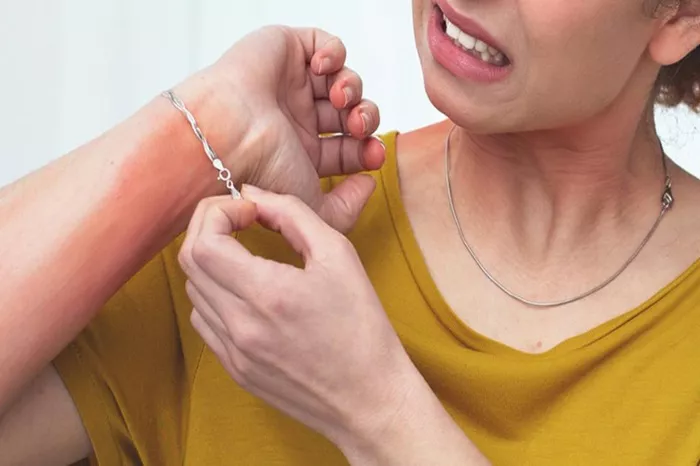Shampoo allergy, though less common compared to other skincare sensitivities, can pose significant discomfort and distress to individuals experiencing it. Characterized by symptoms ranging from mild irritation to severe dermatitis, treating shampoo allergy requires a comprehensive approach that addresses both the immediate symptoms and underlying causes. In this article, we delve into the intricacies of shampoo allergies, exploring symptoms, causes, diagnosis, and most importantly, effective treatment strategies.
Understanding Shampoo Allergy
Shampoo allergy manifests as an adverse reaction of the skin to the ingredients present in shampoos and other hair care products. The allergic response typically involves inflammation, itching, redness, and in severe cases, blistering or eczema-like eruptions. These symptoms can occur on the scalp, neck, face, and even extend to other parts of the body that come into contact with the shampoo residue.
Identifying Symptoms
Scalp Irritation: The most common symptom of shampoo allergy is scalp irritation, characterized by itching, redness, and a burning sensation.
Skin Rash: Allergic reactions may lead to the development of a rash on the scalp, neck, or face. The rash can range from mild redness to more severe blistering or crusting.
Hair Loss: In some cases, prolonged exposure to allergens in shampoos can result in hair loss due to inflammation and damage to the hair follicles.
Dry, Flaky Scalp: Allergic reactions may disrupt the natural balance of the scalp, leading to dryness, flakiness, and dandruff.
Common Causes of Shampoo Allergy
Chemical Irritants: Many shampoos contain harsh chemicals such as sulfates, parabens, and fragrances, which can trigger allergic reactions in sensitive individuals.
Preservatives: Ingredients like formaldehyde releasers and methylisothiazolinone, commonly used as preservatives in shampoos, can cause allergic contact dermatitis in susceptible individuals.
Fragrances: Fragrances added to shampoos for aesthetic purposes are frequent culprits of allergic reactions, as they often contain a mix of synthetic chemicals that can irritate the skin.
Natural Ingredients: While natural ingredients are generally considered safer, some individuals may still be allergic to botanical extracts or essential oils commonly found in natural shampoos.
Diagnosis and Treatment
Consultation with a Dermatologist: If you suspect a shampoo allergy, it is essential to consult a dermatologist for proper diagnosis and treatment. A dermatologist can perform patch testing to identify specific allergens and recommend appropriate treatment options.
Avoidance of Allergens: The first step in treating shampoo allergy is to identify and avoid the allergens present in your current shampoo. Switching to hypoallergenic or fragrance-free shampoos can help alleviate symptoms.
Topical Treatments: Depending on the severity of symptoms, dermatologists may prescribe topical corticosteroids or antihistamines to reduce inflammation and itching.
Moisturizers: Using gentle, fragrance-free moisturizers can help soothe dryness and flakiness associated with shampoo allergy.
Hair Care Practices: Adopting gentle hair care practices, such as using lukewarm water for washing, avoiding vigorous scrubbing, and limiting the use of styling products, can prevent further irritation.
Alternative Therapies: Some individuals find relief from shampoo allergy symptoms by using natural remedies such as oatmeal baths, aloe vera gel, or coconut oil to soothe irritated skin.
Preventive Measures
Read Labels: Always read the ingredient labels carefully when purchasing shampoos and other hair care products. Look for products labeled as hypoallergenic, fragrance-free, and suitable for sensitive skin.
Patch Testing: If you have a history of allergic reactions or sensitive skin, consider undergoing patch testing to identify potential allergens before using new hair care products.
Minimize Chemical Exposure: Opt for shampoos and hair care products that contain fewer harsh chemicals and preservatives. Choose natural or organic products whenever possible.
Regular Scalp Care: Maintaining good scalp hygiene and regular cleansing can help prevent buildup of allergens and reduce the risk of allergic reactions.
Consult a Professional: If you experience persistent or severe symptoms of shampoo allergy, seek advice from a dermatologist or allergist for personalized recommendations and treatment options.
Conclusion
Shampoo allergy can be a distressing condition, but with proper understanding and management, symptoms can be effectively controlled. By identifying and avoiding allergens, adopting gentle hair care practices, and seeking professional guidance when needed, individuals can alleviate discomfort and enjoy healthy, irritation-free hair and scalp. Remember, proactive prevention and informed choices are key to managing shampoo allergy and maintaining optimal skin health.
[inline_related_posts title=”You Might Be Interested In” title_align=”left” style=”list” number=”6″ align=”none” ids=”6019,6000,6013″ by=”categories” orderby=”rand” order=”DESC” hide_thumb=”no” thumb_right=”no” views=”no” date=”yes” grid_columns=”2″ post_type=”” tax=””]

































